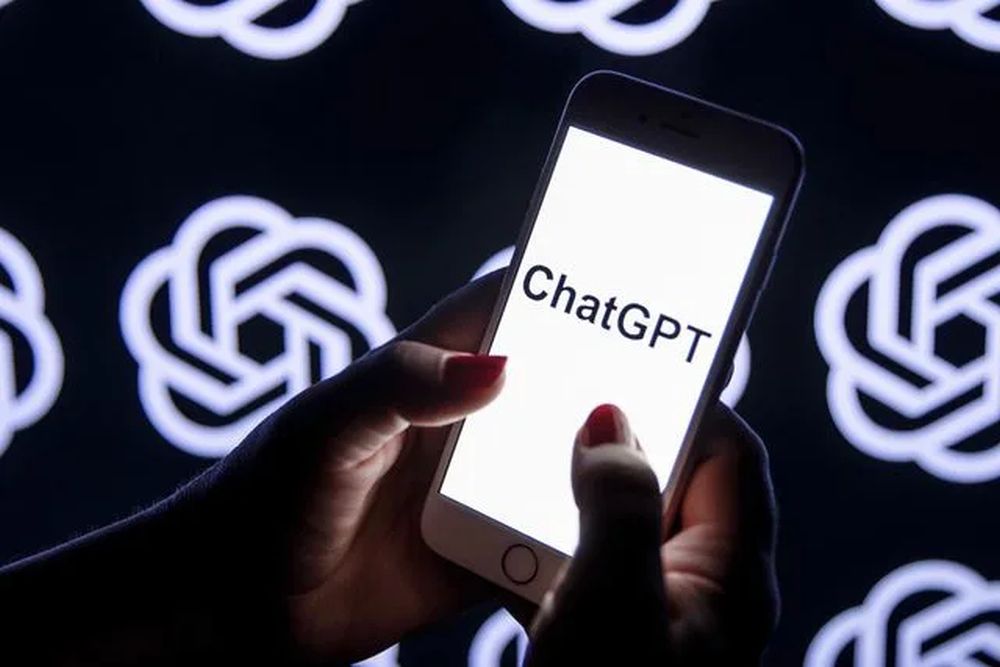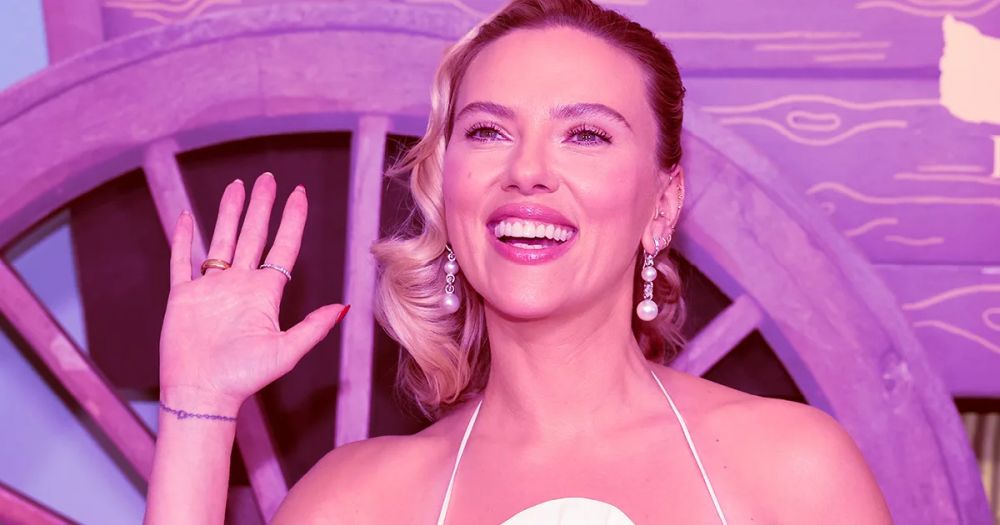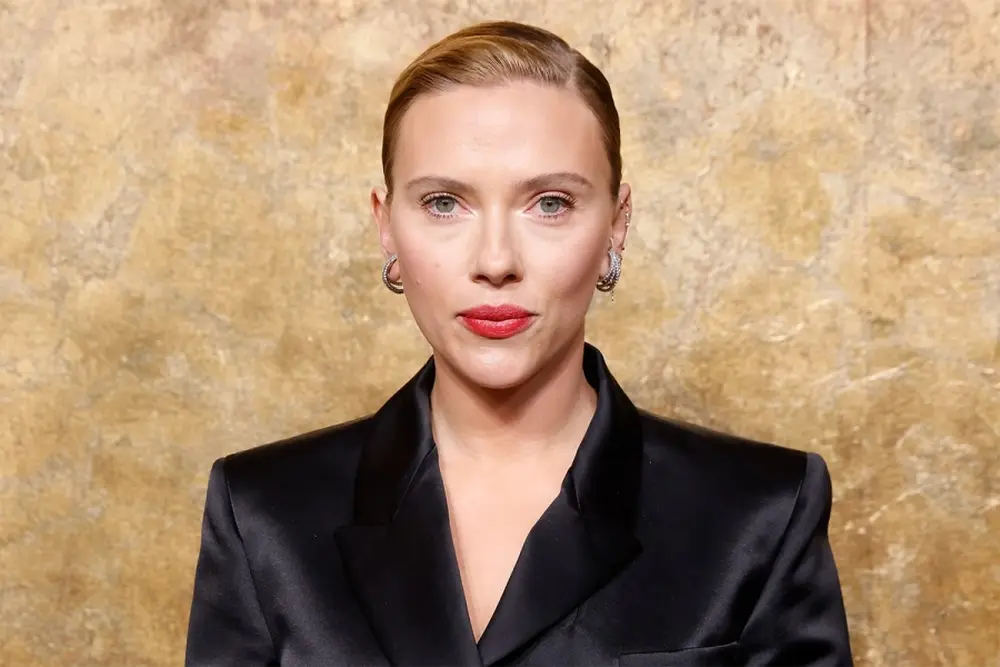Scarlett Johansson, Hollywood A-lister and known defender of artist rights, finds herself embroiled in a new kind of legal battle – this time, with the world of artificial intelligence. The cause of the conflict? OpenAI’s recently launched voice assistant, which features an uncanny voice double of Johansson.

Johansson’s team alleges that the voice assistant sounds strikingly similar to hers, despite the company’s claims of using only voice actors in its development. This isn’t the first time Johansson has taken a stand against practices she deems unfair. In 2021, she sued Disney over the dual release strategy of “Black Widow,” and now, she’s questioning OpenAI’s methods.

The legal implications of AI mimicking celebrity voices are complex. AI companies argue that their vast datasets make it difficult to pinpoint the source of a particular voice, and slight alterations can be seen as new creations. Celebrities, however, see their voice as an intrinsic part of their identity and believe unauthorized use for commercial purposes is a violation of their rights. Johansson’s lawsuit, along with similar cases, could set a legal precedent in this uncharted territory.

This controversy transcends legalities. It compels us to consider the ethics of AI development. Should AI companies be transparent about the data used to create synthetic voices? What measures are needed to ensure user privacy and prevent misuse of this technology? OpenAI’s decision to suspend the controversial voice indicates some level of self-awareness, but the larger question remains: How can we ensure the ethical development of AI that respects individual rights and privacy? As AI becomes more integrated into our lives, open dialogue and clear ethical guidelines are essential to navigate the potential pitfalls and ensure this technology benefits everyone.

